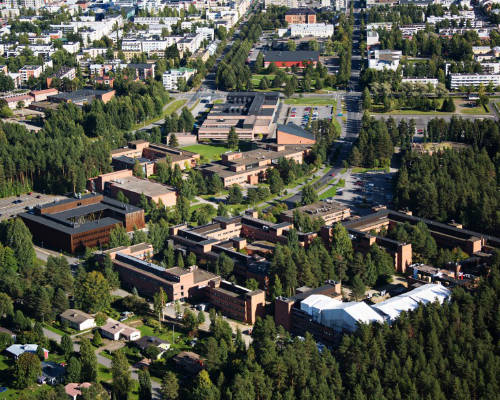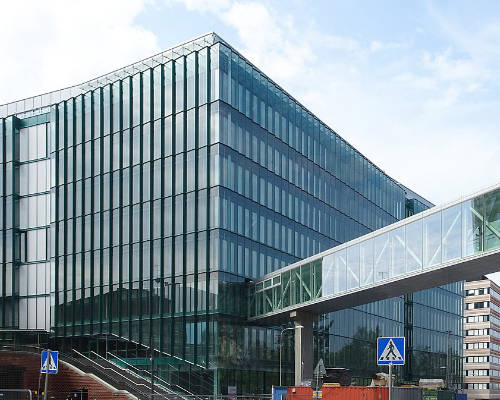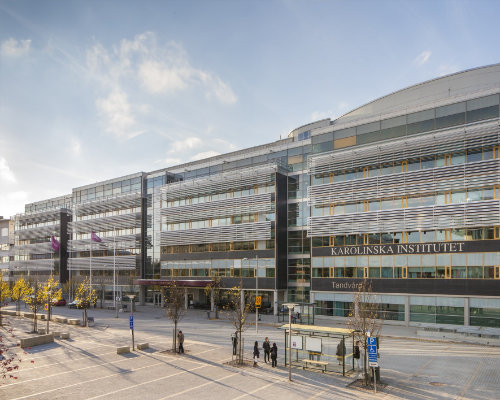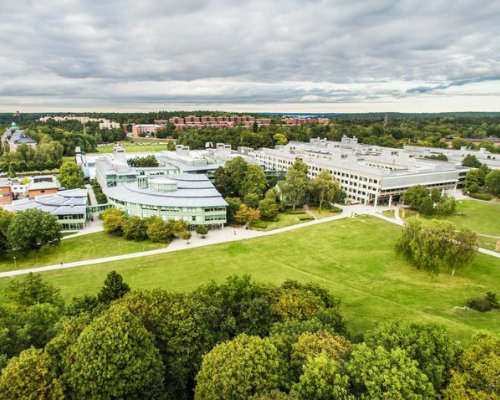COLLABORATORS
Exercise affects the entire body. To efficiently develop our research projects, we collaborate with national and international specialists on different tissues and organs.

Pasi Tavi
Professor
Kuopio, Finland

Joao Duarte
Associate senior lecturer
Lund, Sweden

Johanna Lanner
Associate Professor
Stockholm, Sweden

Myriam Aouadi
Associate Professor
Stockholm, Sweden

Martin Jastroch
Associate Professor
Stockholm, Sweden

Jorge Ruas
Professor
Stockholm, Sweden
Heart
Heart muscle can grow during most of the lifespan and it has significant capability of adaptation and plasticity. An increase in the work load (preload and/or afterload) and activity (heart rate) control the growth and properties of the muscle cells. These mechanisms form the basis of the extreme plasticity of cardiac muscle.
Brain
We currently focus on the understanding early metabolic dysfunction that might precede and be involved in the diabetes-induced neurodegenerative process, especially insulin-dependent metabolic regulation in neurons and astrocytes.
Muscle
Our lab focuses on deciphering the molecular mechanisms that contributes to disease-induced muscle dysfunction and identifying novel therapeutic interventions to counteract muscle weakness. Altered calcium handling, free radical signaling and mitochondrial function are key factors in the intramuscular interplay that may contribute to impaired muscle function and hence central components in our research.
Liver
Our lab uses systems biology and targeted gene manipulation approaches to investigate the multiple roles of macrophages and their function in obesity-associated liver and metabolic disease. We are particularly interested in Non-Alcoholic SteatoHepatitis (NASH), a life-threatening disease with a high world-wide prevalence and no approved medication. More about our research at aouadilab.com
Adipose tissue
Our research integrates research on whole animal metabolism with cellular and mitochondrial bioenergetics, aiming to identify molecular mechanisms and their significance for systemic energy homeostasis and metabolic disease. We can provide a bioenergetics platform for membrane potential and proton leak kinetics, mouse metabolic phenotyping as well as pipeline for mouse generation.
Inter-Organ Communication
The common goal of the projects being developed in our laboratory is to better understand the signal transduction and gene regulatory pathways that control skeletal muscle function in health and disease. With this knowledge, we aim at developing strategies that can be used as possible therapeutic avenues for the treatment of metabolic and degenerative diseases. We are particularly interested in understanding how exercised or sedentary skeletal muscle can crosstalk with other organs, and how it can affect individual health and disease.

Kuopio, Finland
Pasi.Tavi@uef.fi
Heart

Lund, Sweden
joao.duarte@med.lu.se
Brain

Stockholm, Sweden
johanna.lanner@ki.se
Muscle

Stockholm, Sweden
myriam.aouadi@ki.se
Liver

Stockholm, Sweden
martin.jastroch@su.se
Adipose tissue

Stockholm, Sweden
Jorge.Ruas@ki.fi
Inter-Organ Communication